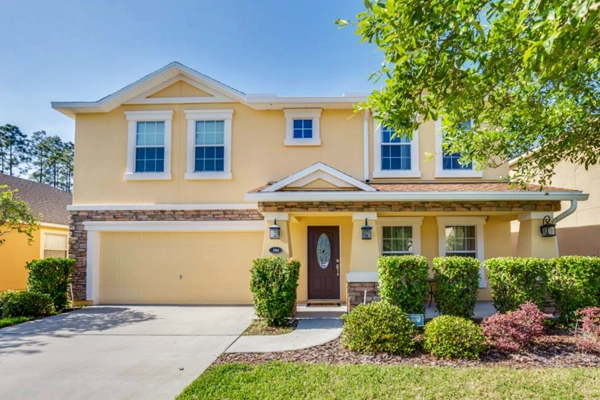Let’s Explore Your Selling Options. I’ll help you sell your home at the price and terms you want. Free Selling Strategy Call
The major differences between earnest money and down payments.
What’s the difference between an earnest money (or binder) deposit and a down payment? Many people assume the two are the same, but that is not true.
Essentially, earnest money is the deposit a buyer has to make to prove to the seller they are serious about purchasing the home. These are slightly high right now because we’re in a competitive market, and buyers use them to make their offers stand out. This deposit can be anywhere from 1% to 4% of the sale of the house. For example, if you want to purchase a home listed at $400,000, you’ll have to pay a $4,000 earnest money deposit when the contract has been accepted. One big thing to note is you can end up forfeiting the money if you do something that is against your contract, like walking away during the inspection period.
On the other hand, a down payment is what you pay when you close the transaction. If you have both, your earnest money deposit is applied to your down payment when you close.
The two payments may have some similarities, but they are not the same. If you need more clarification on this topic, call or email me. I’m happy to be your real estate resource!
-
Let’s Explore Your Selling Options. I’ll help you sell your home at the price and terms you want. Free Selling Strategy Call
-
What’s Your Jacksonville Home Worth?. Are you thinking of selling your home or interested in learning about home prices in your neighborhood? We can help you. Free Home Value Report
-
Looking for a Jacksonville Home?. Search the entire MLS for your Jacksonville home. Search the MLS
-
Free Real Estate Newsletter. Get our latest Q&A, insights, and market updates to make smarter decisions. Subscribe Now







